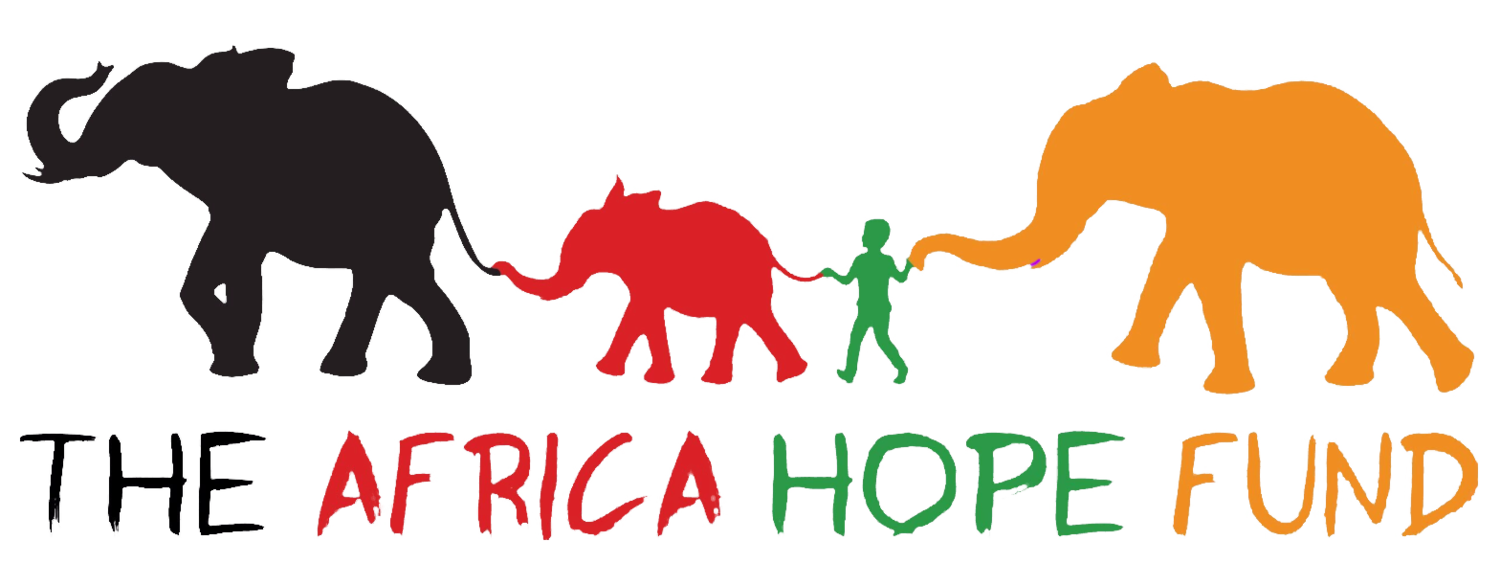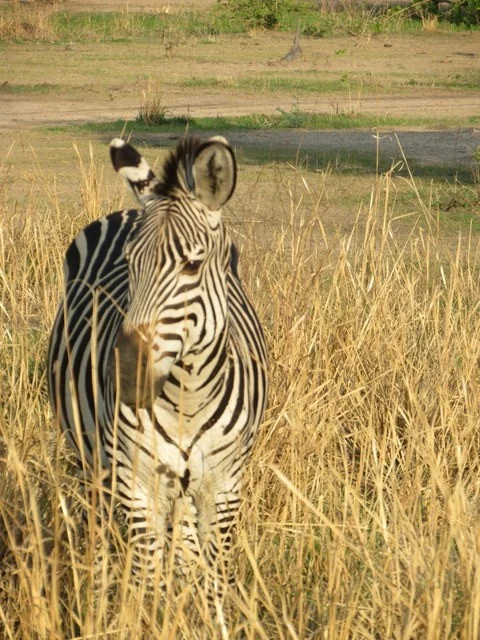Prime Time To Support Africa Hope Fund
Looking for a fun way to help Africa Hope Fund? Amazon’s annual Prime Day sale is coming up!
Prime Day starts at noon on Monday, July 16 and lasts until 8 p.m. on Tuesday, July 17 (PST). Technically, that’s a Prime Day-and-a-half, which means extra hours to aid Africa Hope Fund while you shop.
Read More
Chilling Development in Elephant Poaching
Just when you think man’s inhumanity to life and our environment can’t shock us, a new product from poached elephants much in demand from China is making the news. Called “Blood Beads,” this is a ruthless, painful way for people to make money from not only killing elephants, but also torturing them to harvest their skin because it must be taken while they are dying …
Read More
Why Do Zebras Have Stripes?
At first glance, one would think the stripes are meant to help zebras blend into the tall grasses like this lovely example. That’s a good answer, but not the key reason. The stripes help all the zebras blend into what looks like one large animal when they are together in a herd. Predators have a harder time distinguishing one lone zebra and isolating it from the herd.
Read More
Wild And Free, The Luangwa River
This is really important.
Through Africa Hope Fund, I've been to the South Luangwa Valley and up and down the South Luangwa River at bush camps and lodges on five different trips. I've even flown over it in a small plane. The South Luangwa National Park is nearly two and a half million acres of grasslands, riverine and riparian woodlands, rivers, lagoons, and semi-aquatic grasslands a little larger than Yellowstone National Park in the United States, and the river is a major source of its water.
Read More
The Ultimate Price to Protect Africa's Wildlife
Africa Hope Fund helps supports people who put their lives at risk to protect Africa’s wildlife, especially elephants whose numbers are still perilously low. Your contributions go directly to organizations like Conservation South Luangwa (http://cslzambia.org/) where Rachel McCobb and the scouts in her organization risk their lives when they investigate poaching activity in the Zambian bush.
Read More
Lion Dad Watches His Cub
This little cub has a mother, father, and older brother. Africa Hope Fund helps support the Zambia Carnivore Program which tracks carnivores in three locations in Zambia. The knowledge they gain from radio-tracking collars, months spent in the bush, and air patrols from the plane they share with Conservation South Luangwa helps protect all carnivores in the South Luangwa Valley.
Read More
We Never Get Tired Of Hippos
We never seem to get tired of snapping photos of hippos, even though they are dangerous and tend to be cranky. This is actually a bird photo because the bird on the hippo’s head is one of my favorites. It’s a hammerkop stork. He always looks like he’s being blown by the wind and it’s messing up his hair.
Read More
View The Sunsets Of A Lifetime
Africa Hope Fund Board members Leslie Leggio and Steve Kuhn want you to see the spectacular Zambian sunsets along the South Luangwa River. You’ll hate to leave when you’ve been served delicious appetizers and the beverage of your choice while watching the sun set.
Read More
Where Is This Library?
Safari on the River helped build this library at Uyoba School in Mfuwe Village, Zambia where board member Debbie Lott volunteered to organize and teach for three months.
Read More
Helping Our Friends In The North
Craig Zytkow, CEO of Conservation Lake Tanganyika made it his life’s work to protect the remaining 32 elephants in Lake Kasaba, all that are left from the region’s past abundance. Over the years, poaching to support Asia’s demand for ivory reduced the elephant herd to only 32 elephants.
Read More
More A Parade Of Elephants
Our guide said he’d never seen this before. A parade of 40-50 elephants walking two to three abreast in a long line. Males and females, calves and babies, aunts, cousins, including magnficient mature elephants with huge tusks.
Read More
Jobs In MFUWE
People who come to Mfuwe and can’t find jobs often try to live by farming a few acres of cotton, peanuts (ground nuts), corn (maize), and tobacco. But they depend on rain, and have little access to fertilizer or others soil amendments. They also risk losing their crops to raiding elephants. People who subsistence farming must raise enough to feed their families and trade for other products like clothing and cooking oil.
Read More
The Contrast of Zambian and U.S Kids
At home, our students don’t usually enter reading contests like this. Take a look at this little guy in a reading competition with eight other schools in the area, a first for Uyoba School. Just a year earlier, Africa Hope Fund provided a new reading program with books for each student. Their test scores jumped that year.
Read More
The Wild Carnivores of Zambia
Zambian Carnivore Programme’s (ZCP) Thandiwe Mweetwa who grew up in Mfuwe Village and earned her master’s degree in Arizona in wildlife management likes wild dogs the best of all the animals they research in Zambia.
Read More
How To Hide An Elephant
It doesn’t seem possible that a thirteen foot tall mammal weighing more than 15,000 pounds can sneak up on a person. But look how this elephant’s color blends in with branches and woods. And how this herd coming through the woods and preparing to cross the South Luangwa River blends in so well, it’s nearly impossible to count them.
Read More
ELEPHANTS AND PEANUTS
Yesterday I bought some salted peanuts in the shell. Today while I was waiting for water t boil for my tea, I grabbed a couple of peanuts, and a memory flashed past. I was very small and probably at a zoo, and feeding a solitary elephant a peanut as she reached her trunk over the metal fence
Read More
ELEPHANTS: A NATURAL SIGHT
Taken towards the end of the day, this photo of a lagoon in the South Luangwa National Park is the very essence of the life elephants should lead. During the wet season, the lagoon is full of water, fish, and birds are abundant, herbivores like puku and impala are plentiful, and the elephants enjoy the luxury of spraying themselves with water.
Read More
WE CAN DO THIS
Before I traveled to Zambia in 2011, I had no idea how close elephants are to extinction. I never thought about how many elephants died so their tusks could become ornaments and trophies. I didn’t understand that they have been hunted for their ivory for centuries.
Read More
Why Zambia?
People ask Carol Van Bruggen and me, “Why Zambia? Why not do good work at home?" Our answer is that we do both and so do our board members/directors. Sharing our abundance with others doesn’t have borders.
Read More
THE HISTORY OF IVORY
The word elephant comes from the Greek language for ivory. Elephants were hunted for their ivory before Egyptian King Tutankhamun, in power during the middle of the 12th century, was buried in a casket with 45,000 pieces of inlaid ivory.
Read More




















